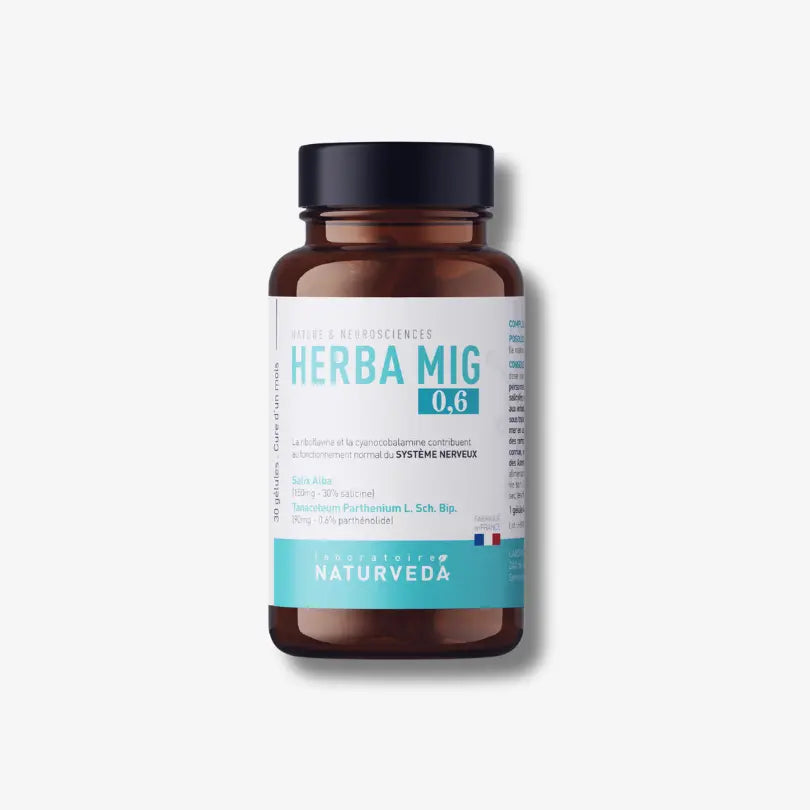Intermittent fasting, an eating practice that alternates between periods of fasting and eating, is gaining popularity due to its many potential health benefits. Of particular interest are its effects on skin and aging. So what are these effects? And how does this practice achieve such results? Explore this aspect of intermittent fasting in detail in this article!
The Effects of Intermittent Fasting on Skin
Reduction of inflammation
Intermittent fasting helps reduce inflammation in the body . By restricting food intake during certain periods, the body decreases the production of inflammatory cytokines, which are molecules responsible for inflammation. Reduced inflammation can lead to clearer skin that is less prone to redness and inflammatory conditions like eczema and psoriasis.
Improved skin elasticity
Intermittent fasting may also improve skin elasticity . By reducing oxidative stress , which is caused by cell-damaging free radicals, fasting helps skin maintain its firmness and elasticity. Additionally, it can increase the production of collagen , a protein essential to skin structure and suppleness, which helps reduce the appearance of fine lines and wrinkles .
Acne reduction
When it comes to acne, intermittent fasting helps regulate insulin levels . High insulin levels can increase the production of sebum, an oily substance produced by the sebaceous glands, which can clog pores and lead to breakouts. By stabilizing insulin levels, intermittent fasting can reduce sebum production and therefore acne breakouts .
The Effects of Intermittent Fasting on Aging
Autophagy
One of the main mechanisms by which intermittent fasting may slow aging is autophagy . During periods of fasting, cells engage in autophagy, a process where they break down and recycle damaged components. This helps clean cells and prevent the buildup of cellular waste , which helps maintain cellular health and slows the aging of skin cells.
Reduction of oxidative stress
Intermittent fasting also reduces oxidative stress by decreasing the production of free radicals and increasing the body’s antioxidant defenses. Free radicals are unstable molecules that damage cells and tissues, and reducing them results in less cellular damage, contributing to younger, healthier skin .
Improved mitochondrial function
By improving mitochondrial function , intermittent fasting allows for more efficient energy production in cells . Mitochondria, often referred to as the “powerhouses” of cells, are responsible for energy production. Better mitochondrial function means increased energy production and less free radical production , which reduces signs of fatigue and aging.
Production of growth hormones
Intermittent fasting also stimulates the production of human growth hormone (HGH), which promotes cell repair and regeneration . HGH plays a crucial role in tissue regeneration and cellular repair, which helps improve the appearance of skin by reducing wrinkles and increasing firmness.
Hormonal regulation
Finally, hormonal regulation through intermittent fasting contributes to better skin health. By stabilizing insulin levels and other hormones involved in metabolism and cell growth, fasting helps prevent inflammation and excess sebum production , thus balancing the skin and reducing skin problems.
What approach to intermittent fasting should you take?
The 16/8 fast
The 16/8 fast involves fasting for 16 hours each day and limiting food intake to an 8-hour window . For example, you might eat between noon and 8 p.m., and fast from 8 p.m. to noon the next day.
This approach is relatively easy to incorporate into a daily routine. During the 16-hour fast, your body enters a state of mild ketosis, where it begins to use stored fat for energy. This can help stabilize insulin levels, which is beneficial for skin health, as lower insulin levels can reduce oil production and prevent acne. Additionally, intermittent fasting reduces systemic inflammation, which can help calm inflammatory skin conditions like eczema and psoriasis.
Fasting 5:2
The 5:2 fast involves eating normally five days a week and reducing calorie intake to around 500–600 calories on two non-consecutive days of the week .
This method is less restrictive than daily fasting, which may make it easier to maintain over the long term. The two days of calorie restriction create an environment that is conducive to autophagy, a process where cells remove damaged components and regenerate. This may help maintain younger-looking skin and slow cellular aging. Additionally, the low-calorie days may reduce oxidative stress and inflammation, contributing to healthier skin.
Alternate day fasting
Alternate day fasting involves alternating between days of complete fasting (where you consume only water, tea or coffee without sugar) and days of normal eating .
This approach may be more intense, but it is effective in significantly boosting autophagy. By fasting every other day, the body is regularly put into a state of moderate stress, which activates cellular repair mechanisms and improves mitochondrial function. Mitochondria are the powerhouses of cells, and their proper functioning is crucial for energy production and reducing signs of aging. Alternate day fasting can also reduce levels of inflammatory cytokines, improving skin health.
The Warrior Diet
The Warrior Diet involves eating small amounts of raw fruits and vegetables during the day and eating a large meal in the evening , usually within a 4-hour window.
This method offers greater dietary flexibility and may be easier to adapt to busy lifestyles. Consuming small amounts of raw fruits and vegetables throughout the day provides essential antioxidants, vitamins, and minerals that support skin health. Eating a large evening meal helps meet daily caloric needs and provide a complete meal. This approach promotes hormone regulation and autophagy, helping to maintain skin health and slow aging.
Conclusion
In conclusion, intermittent fasting appears to be a promising strategy to improve skin health and slow the aging process. By reducing inflammation, regulating insulin levels, and stimulating cellular mechanisms, this practice can contribute to clearer, more elastic skin that is less prone to signs of aging. Combine intermittent fasting with a balanced diet and good hydration to maximize its benefits for skin and aging!






